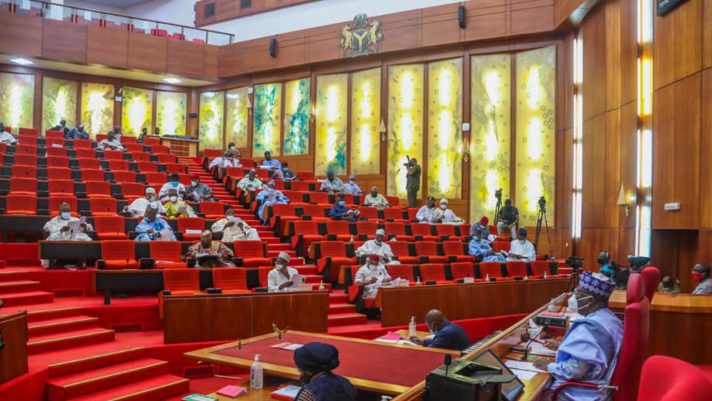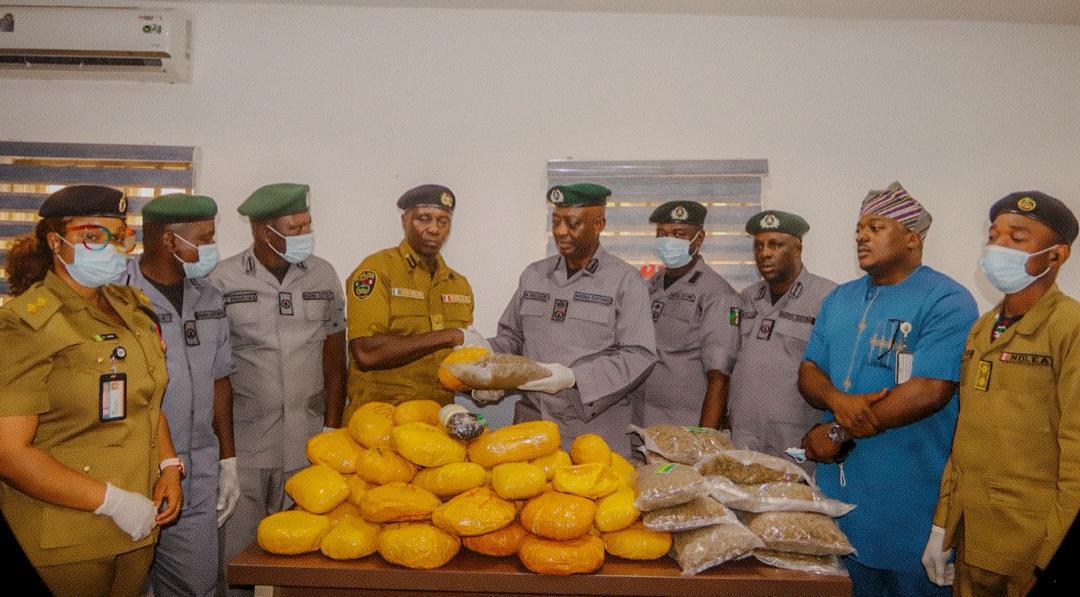The Federal Government has described the country’s inability to feed the over 50 million cattle in the hands of rural dwellers as not only a national imperative that cannot be ignored but also an emergency situation that requires urgent attention.
The Minister of Livestock Development, Idi Mukhtar Maiha, stated this on Friday at the opening of a two-day Policy Dialogue Workshop for the Valuation of PRISMA project results in the Regional Agricultural Priorities of West Africa and the Sahel, organised by the Economic Community of West African States (ECOWAS)’s Regional Agency for Agriculture and Food (ARAA).
Represented by the Director, Technical office of the Permanent Secretary, Dr. Peter Alike, the minister said the livestock sector was capable of contributing over $94 billion in 10 years if properly developed.
He stated that even with the feeding crises and other challenges associated with the sector, the current contribution of the sector to the Gross Domestic Product was over $32 billion.
He added that the creation of a ministry dedicated to the development of livestock was a deliberate action by the government towards strengthening the sub-sector and driving national development.
According to the minister, the collaboration between Nigeria, ECOWAS and other stakeholders across the region and the Sahel in achieving food security could not be over-emphasised.
He added; “I have told you already that we have a strategic plan which is going to run from 2025 to 2030, and we have a basket of livestock contribution to GDP, which is currently about $32 billion.
“In Nigeria, we have over 50 million cattle in the hands of rural dwellers, and these are animals that must be fed. So, for us, feeding and indeed, food is a national imperative that we cannot even leave for tomorrow.
“It is an emergency because the tangential effect of not being able to provide the necessary feed for our animals has a direct effect on our very existence, rural livelihood and human peace. So, for us, it is a matter of survival.”
The minister frowned at the likely exclusion of Nigeria from such a regional project considering its contribution in the overall scheme of things.
“If you have a project of this magnitude and you exclude Nigeria, then you are not likely to succeed because I don’t know of any other country in West Africa and the Sahel that has a dedicated Ministry of Livestock Development,” he said.
Speaking, the Acting Executive Director, Regional Agency for Agriculture and Food (ARAA), Mr. Konlani Kanfitin, reiterated ECOWAS’ commitment to advancing livestock development and research collaborations in the region.
Commending the European Union (EU) and the Spanish Cooperation Agency (AECID) for co-financing the Research and Innovation for Productive, Resilient, and Healthy Agro-Pastoral Systems in West Africa (PRISMA) project, he noted that it aligned with ECOWAS’ regional agricultural policy (ECOWAP), which seeks to transform agricultural and food systems across the region.
“The livestock sector occupies a central place in the economies of our member states. It contributes to food security, job creation, and the income of millions of rural households. This policy dialogue workshop constitutes a key moment for reflection and collective action; it is intended as a space for discussions and decision-making to improve the policy environment for research and innovation to increase the productivity and resilience of agro-pastoral systems in West Africa and the Sahel,” he said.
The Agricultural Engineer and PRISMA Researcher, Dr. Fernando Escribano, said the project focused on tackling aflatoxins in livestock feed. Describing it as the metabolic byproducts of fungi and bacteria that can grow in the field and during storage when high moisture and temperature conditions allow, he expressed the need for standard methods to control aflatoxins’ presence in livestock feed.
“This is the scenario that we had when we started this project. We decided to focus on it because aflatoxins don’t have borders. Environmental impact doesn’t have borders. So, we decided to go with a harmonisation exercise. We need to harmonise and define what equality is.
“We need to avoid the presence of aflatoxins in our feeds. We need to know how to sample to detect aflatoxins. We need to know how to measure aflatoxins in a relatively simple way, but in a way that we all agree can be done,” he added.






